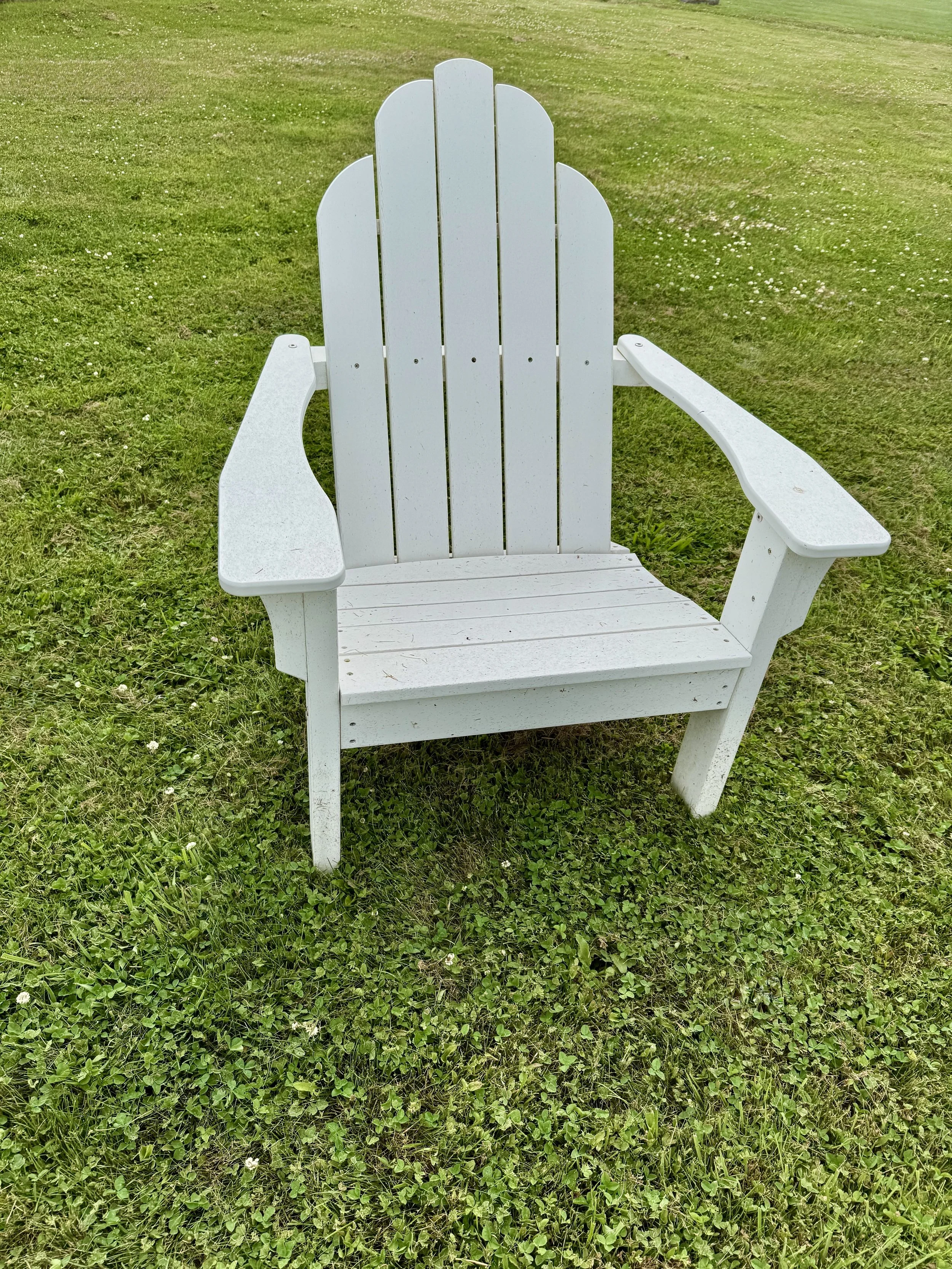The hot weather in the summer months can severely damage lawns. Without proper care from June to September, the stress from excessive heat and drought can cause grass to dry out and turn brown. A stressed lawn becomes susceptible to weeds, insects, and disease. Maintaining a healthy lawn during the summer months requires attention to watering and mowing, and monitoring for weeds, insects and disease.
Watering - The heat of the summer sun can damage a lawn quickly as moisture evaporates. Moisture is very important for a healthy lawn, and while there may be periods of adequate rainfall, there will likely be periods of drought. So it’s important to water when rainfall is scarce. The best time to water a lawn is in the morning, compared to watering during the hotter part of the day. This reduces evaporation and helps the grass remain hydrated and cooler throughtout the day, thereby decreasing the risk of heat stress.
Deep, infrequent watering is better than shallow, frequent watering. It helps promote strong, deep root systems and creates a lawn more drought tolerant, as opposed to frequent short watering which creates weak, shallow roots. Lawns should receive roughly one inch of water each week, whether from rainfall, irrigation, or a combination of both. This is equal to three 20 to 30 minutes watering sessions weekly.
Mowing - One of the most common summer lawn care mistakes is cutting grass too short.
Scalping the lawn can weaken it, making it more vulnerable to heat stress, weeds, and disease. Set the mower blade higher in the summer months. For the healthiest lawn, 3.5 to 4 inches is most desirable, and a general rule is not to cut more than one third of the grass blade each time you mow. Leave the clippings on the lawn; they will decompose and help feed the grass. Taller grass shades the soil reduces evaporation, and promotes deeper roots. The result is a lawn that is more heat and drought tolerant, has reduced weed growth, and is more robust.
Dormant lawns (those that have turned brown) should not be mowed.
Keeping the mower blade sharp is crucial for a healthy lawn. A sharp blade makes clean cuts, like scissors. A dull blade tears the grass, causing damage and stress. Sharpen or replace the lawn mower blade on a regular basis.
Weeds - Summer weather accelerates weed growth. Regularly inspect your lawn and hand-pull weeds as soon as you discover them. This is an effective method for small areas. To prevent regrowth, remove the entire root system. A healthy lawn is a natural defense against weeds. Weeds are crowded out and prevented from establishing themselves.
Insects and disease control - Monitor your lawn for any signs of insects or disease. Early detection is key because these issues caught too late can lead to widespread damage.
Proper watering, mowing, and monitoring for weeds, insects and disease - following these tips will be the best defense to keep your lawn healthy in summer.

